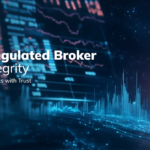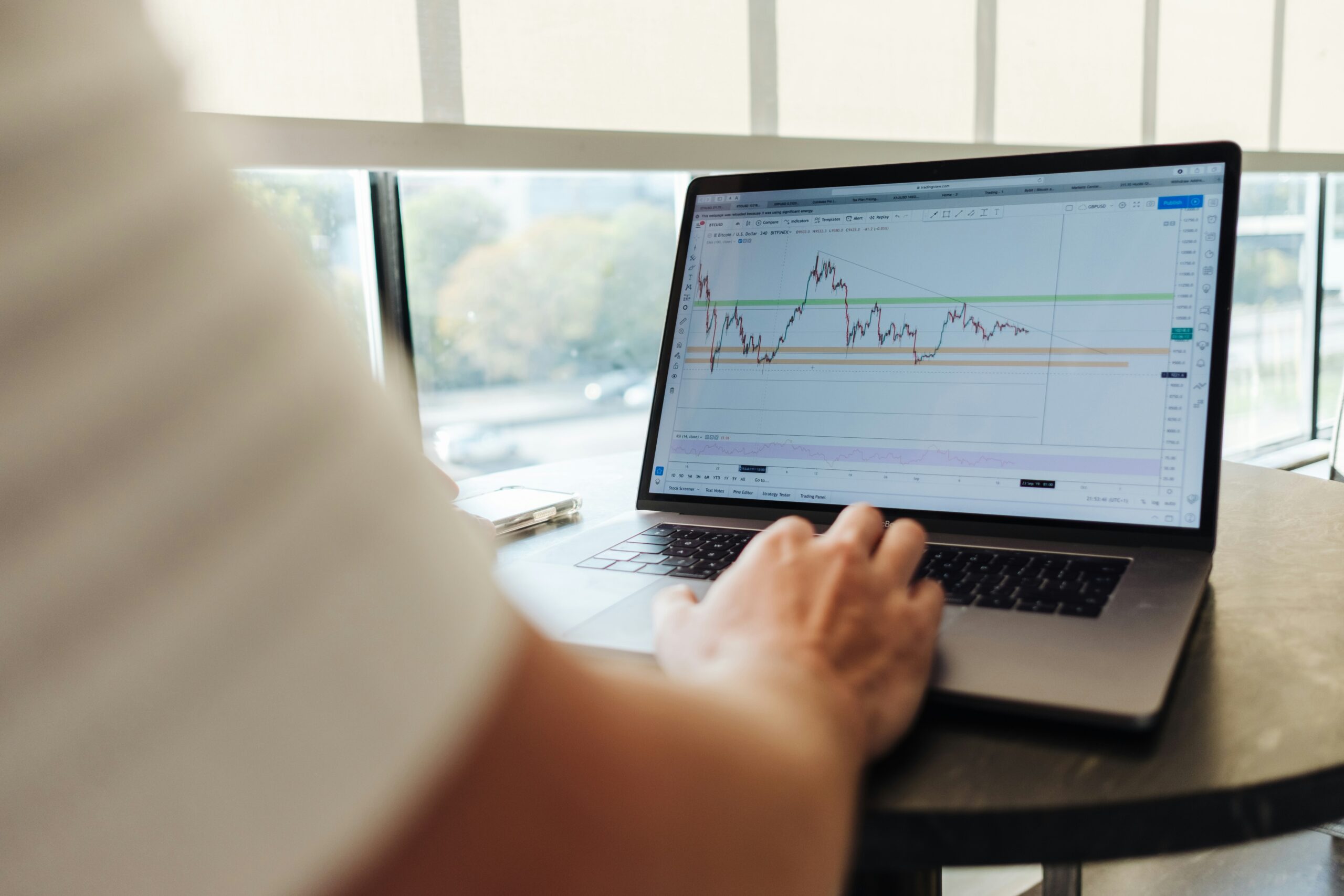You have decided to make 2024 the year you started trading CFDs. Great! With forex being the most liquid market of the world, the potential is incredible. Stocks are sexy, too, right? Not to mention cryptos and bitcoin, huh? So why wait? You gotta start trading now, right? WRONG!
It is a not-so-well kept secret that the majority of traders lose money. And it happens, mostly, due to silly mistakes. People tend to get excited and rush into things, neglect risk management, or rely on fancy ads and put their trust (and, sadly, money) into terrible brokers. The remedy is simple – there are things you need to know before you start trading. And in this article, we are compiling 10 things you need to know before you start trading and make your first deposit, or better yet, open your brokerage account.
So, here are the 10 things you need to know before you start trading FOREX/CFDs.
1. Master the Basics of CFD Trading:
It is true that you will never know EVERYTHING (no one ever will!!!), it’s essential to have a solid understanding of what Forex and CFDs are. Forex involves the exchange of currencies, while CFDs allow you to speculate on the price movements of various financial instruments without owning the underlying asset. So, when you click ‘SELL’, you’re not actually selling anything (since you never bought it, right?). You are basically making a bet that the price of the asset will go down. Take the time to grasp the basic concepts, terminology, and mechanics of these markets. And yes, follow us as this bog will be the place to learn.
2. Risk Management is a Must. Wait, no, it’s like this: RISK MANAGEMENT IS PARAMOUNT
Trading always involves risk, as any serious broker will notify you (run from those who don’t), and trading CFDs is no exception. Develop a robust risk management strategy to protect your capital. Set realistic stop-loss levels, use position sizing wisely, and be aware of the potential for both profits and losses. And, never-ever-ever invest more than you are willing to lose.
3. Demo Account is Your Jam
We get it – It’s tempting to jump into the markets with a large investment, but you should start small, especially if you are new to trading. In fact, start with demo accounts and practise trading with virtual money. This allows you to hone your skills, test strategies, and familiarize yourself with the trading platform without risking real funds.
4. Stay In the Know
Before you start trading, be sure you eat numbers for breakfast, eat and breathe economic indicators, market news, and global events that can impact currency and asset prices. Whether you are leaning towards fundamental or technical analysis (more on that later). Staying well-informed about the factors influencing the markets is crucial.
5. Choose Your Broker Carefully
This is a big one. Your broker is your business partner, your instrument and your support. It’s like choosing a spouse, you don’t want to enter into marriage with the wrong person (kidding, but not totally. Experience shows that most traders switch a few brokers until they find the one – same as relationships, huh?). Jokes aside, selecting a reputable and regulated broker is vital for a secure trading experience. Research different brokers, consider their fees, available assets, customer service, and licensing and regulation. A trustworthy broker ensures that your funds are secure and that you have access to a reliable trading platform.
6. Be Wary of Leverage:
Leverage is the concept essential to traders. It gives you a bigger exposure in the market than your account balance could allow. So, you can earn more. The tricky part is that not only does leverage amplify your profits, but it does the same with your losses. Understand the implications of leverage on your trading account, and never trade with more leverage than you can afford to lose. Stay tuned for our dedicated article on the topic, with recommendations, where to start.
7. Make Learning Your Default.
Never stop learning. The financial markets are dynamic, and the only way to succeed is staying ahead. Keep abreast of market trends, explore new trading strategies, and leverage educational resources provided by reputable sources. We careful with dodgy telegram groups and strangers who give you unrealistic promises online, if you purchase their course. Most of this stuff is useless and can be learned from free resources, just like this blog. So, read your financial news, learn theory, practice with demo accounts and learn again.
8. Prepare Emotionally
Sometimes trading gets challenging – both intellectually and emotionally. Develop the discipline to stick to your trading plan, manage stress, and avoid making impulsive decisions based on fear or greed. Prepare for losses, as they are a normal part of the trading experience. Learn to manage your emotions and do things that relax you and keep you sane. From working out and having hobbies, to spending time with friends and family, all of these will make you a better trader.
9. Keep a Trading Journal:
This one may sound old school if not lame, but maintain a trading journal is super important. It will help you track your trades, analyse your successes and failures, and identify areas for improvement. Doing it consistently (it’s journal, right) will help you elevate your trading strategy over time.
10. Dive into Legal and Tax Implications:
This is a boring one but it’ll save you a ton of cash and stress. Understand the legal and tax implications of trading in your jurisdiction. Different countries have varying regulations, and it’s important to comply with local laws regarding taxation and financial trading. Remember that more often than not, you have an option to trade in various jurisdictions – there, trading conditions, especially leverage, can differ significantly. Choose the option that works best for you.
Pheew! There’s definitely more to learn but these points above are the place to start. Let us know what you think, and let’s get trading CFDs!










